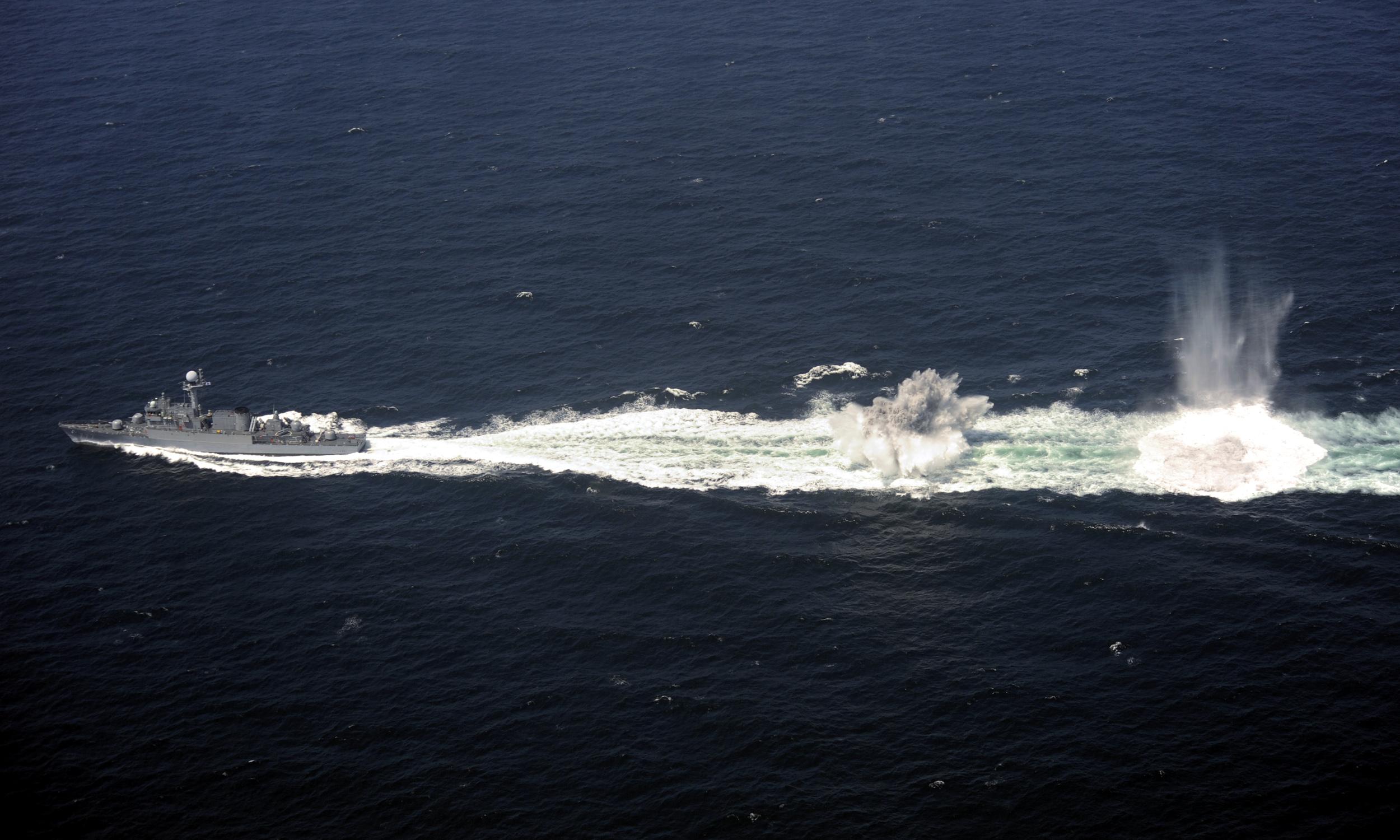South Korea denies warship locked fire-control radar on Japanese plane
Clash over 'extremely dangerous' move further deepens rift between the countries

South Korea has denied one of its warships locked its targeting radar on a Japanese patrol plane, which drew a strong protest from Tokyo as relations between the neighbouring countries deteriorate.
Japan’s defence minister said last week that a South Korean destroyer had locked its fire-control radar on a Japanese patrol plane, calling the action extremely dangerous.
Fire-control radar is used to pinpoint the location of a target for missiles or shells. Directing the radar at a target can be considered a step away from actual firing.
The clash joined a list of issues discussed by diplomats from the two countries at a meeting in South Korea’s capital Seoul.
Relations between the two US allies have soured since South Korea’s top court ruled in October that a Japanese steel firm must compensate four South Koreans for their forced labour during World War Two. Japan denounced the ruling.
South Korea’s defence ministry, which said last week the destroyer was performing routine operations, has now provided more details of the vessel’s actions.
While rescuing a distressed North Korean fishing boat, the destroyer had used an optical camera that detected a low-flying Japanese patrol plane, an official from South Korea’s Joint Chiefs of Staff said.
“During the process, there was no emission of radio waves at all,” he said, denying that the warship had locked its tracking radar on the Japanese aircraft.
South Korean diplomats explained the situation “in detail” to their Japanese counterparts, and “the two sides agreed to continue to communicate as needed about this issue,” news agency News1 reported, citing an unnamed South Korean foreign ministry official.
The diplomats also discussed the North Korean nuclear issue and how Seoul and Tokyo could help restart talks between the United States and North Korea, South Korea’s foreign ministry said in a statement.
Reuters
Join our commenting forum
Join thought-provoking conversations, follow other Independent readers and see their replies
Comments
Bookmark popover
Removed from bookmarks